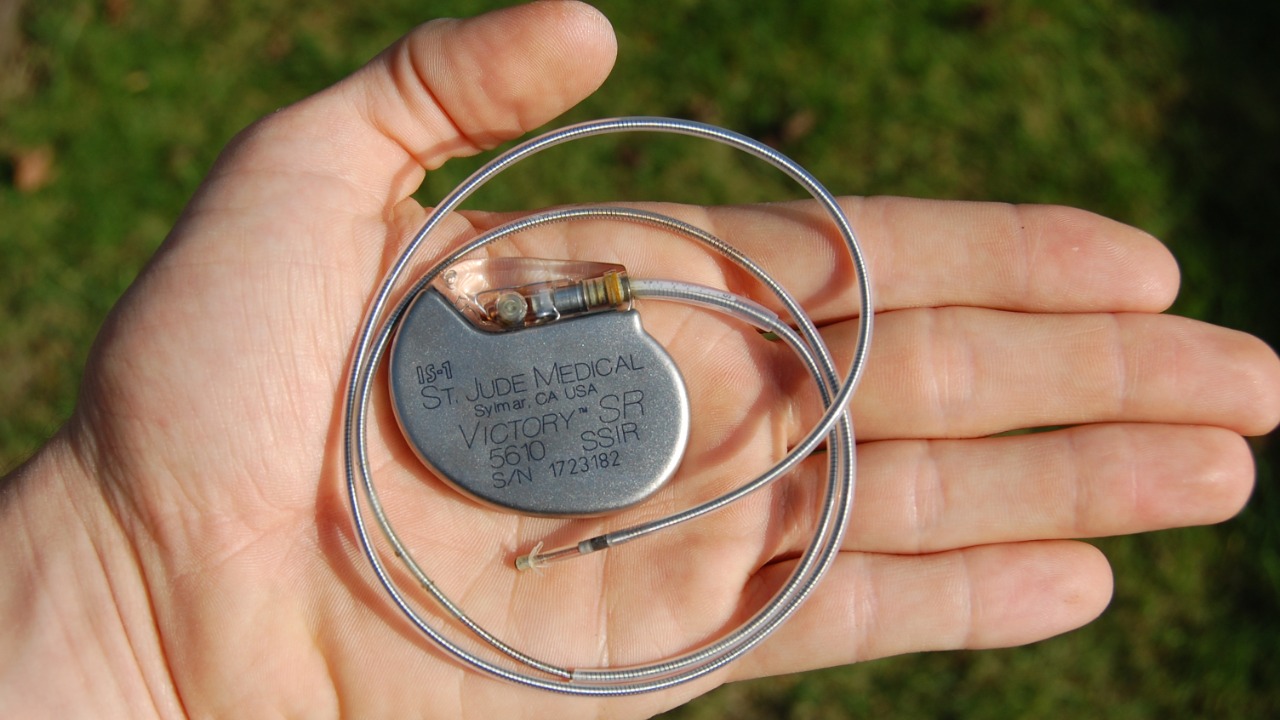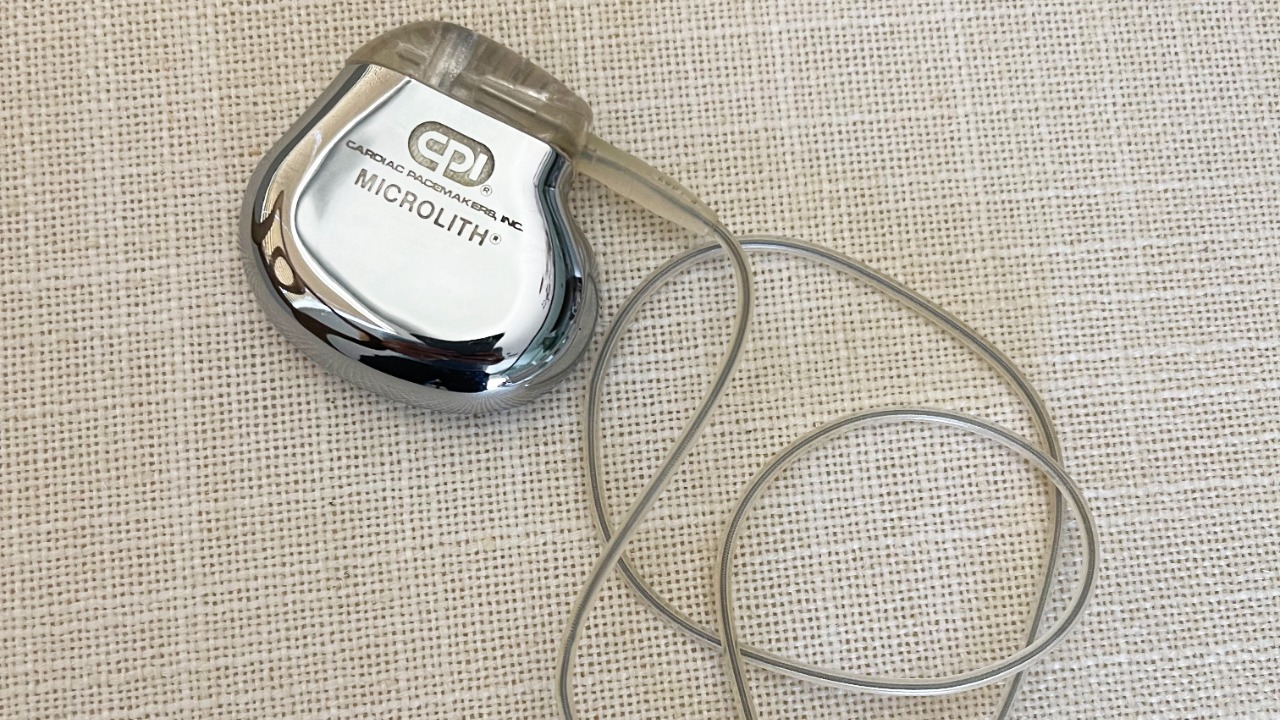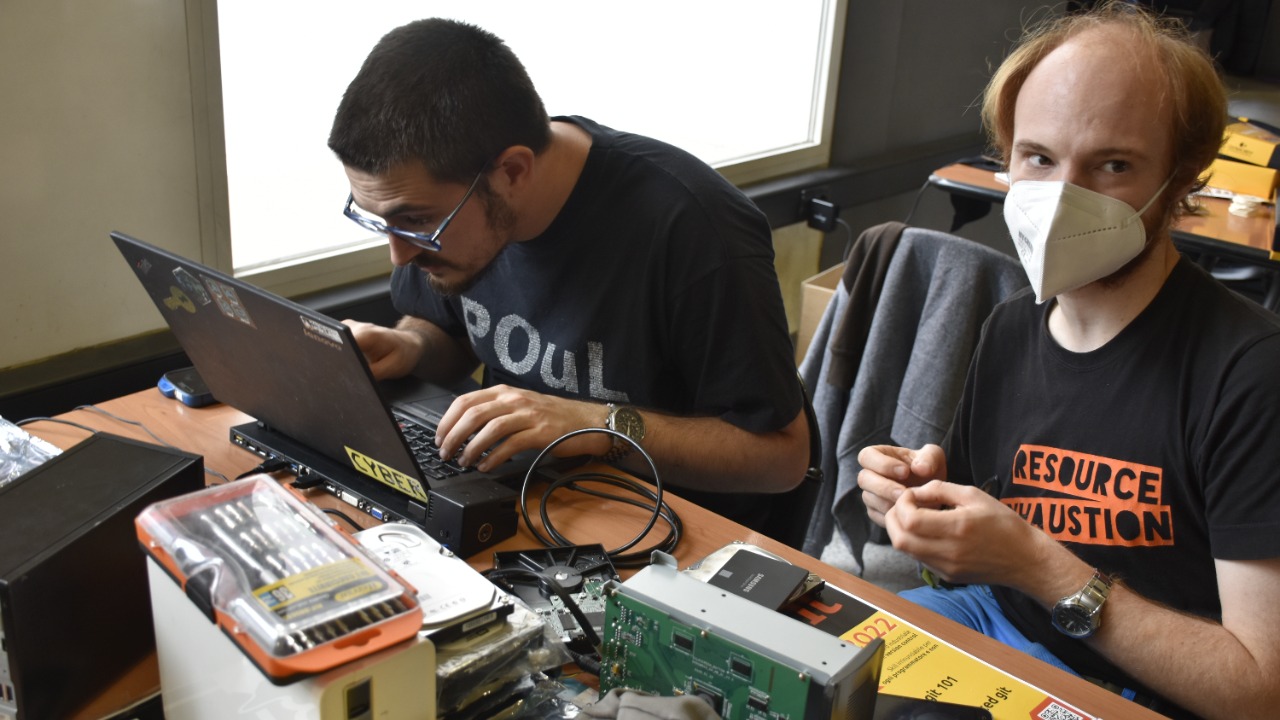
As we continue to traverse the digital age, countless technological advancements have been made, including in the realm of medicine. Unfortunately, one unexpected and alarming consequence is the increased vulnerability of medical devices to cyber threats. Recent research has shed light on the fact that pacemakers, critical devices for those with heart conditions, can be hacked through Bluetooth technology, posing a potential risk to patients.
Understanding the Functionality of Pacemakers and Bluetooth

Pacemakers are medical devices that help control irregular heart rhythms, known as arrhythmias. They work by sending electrical signals to the heart to ensure it beats at a normal rate. These devices have evolved over time, incorporating advancements in technology for better performance and ease of use. One such advancement is the integration of Bluetooth technology into pacemakers, which allows for remote monitoring and adjustments by healthcare providers.
Bluetooth technology is a wireless communication system designed for exchanging data over short distances. It’s commonly used in numerous devices, including mobile phones, computers, and now, medical devices. In the context of pacemakers, Bluetooth technology enables data from the pacemaker to be transmitted to a device such as a smartphone or tablet, which can then be accessed by the patient’s healthcare provider. This connectivity offers convenience and real-time monitoring capabilities, but it also opens up potential security vulnerabilities.
The Vulnerability of Medical Devices to Hacking

As with any technology that relies on wireless communication, pacemakers and other medical devices are not impervious to hacking. Unauthorized access to these devices can lead to manipulation of device settings, causing potentially life-threatening situations. For example, a hacker can alter the pacing of a pacemaker, which can result in abnormal heart rhythms.
Previous instances of medical device hacking have demonstrated the gravity of these security breaches. In a report by the Association of American Medical Colleges, researchers demonstrated how insulin pumps and other medical devices could be hacked, leading to unauthorized changes in medication dosage. The implications for pacemakers are equally concerning, as any unauthorized changes could directly impact heart function.
How Researchers Managed to Hack Pacemakers via Bluetooth

Research has detailed how pacemakers can be hacked using Bluetooth technology. The primary method involves exploiting security flaws in the Bluetooth Low Energy (BLE) protocol, a power-efficient variant of Bluetooth used in many medical devices. A study published in the International Journal of Computer Information Systems detailed this vulnerability, demonstrating how attackers could bypass the BLE’s security features.
The research found that the BLE protocol lacks effective authentication mechanisms, which gives attackers the opportunity to pair with the device without needing a secure passkey. Once paired, the attacker can send commands to the pacemaker, causing it to behave in potentially harmful ways. This revelation highlights the critical need for enhanced security measures for medical devices utilizing Bluetooth technology.
Implications and Risks of Bluetooth Hacking on Pacemakers

The potential dangers of pacemaker hacking extend beyond the physical risks. For patients, the knowledge that their life-saving device could be compromised could lead to significant psychological distress. Trust in medical technology can also be undermined, potentially making patients reluctant to use these devices in the future.
From a legal and ethical perspective, the hacking of medical devices raises many concerns. The right to privacy and safety are fundamental human rights, and breaches of these rights through medical device hacking could lead to significant legal ramifications. While the law is still catching up with the rapid progress of technology, it is clear that more stringent regulations need to be put in place to protect patients from such cyber threats.
Preventing Potential Pacemaker Hacking

In response to these security concerns, strategies and technologies are being developed to increase the security of pacemakers and other medical devices. This includes improving the authentication mechanisms of Bluetooth technology and establishing more secure communication protocols. A study published in Digital Health outlines some of these strategies, highlighting the importance of collaboration between medical professionals, tech companies, and policymakers in enhancing the security of medical devices.
For patients, there are steps that can be taken to protect against potential hacking. This includes maintaining regular communication with healthcare providers, staying informed about any updates or recalls related to their device, and being vigilant about any unusual device behaviour. While the risk of pacemaker hacking is real, it’s important to note that the benefits of these devices far outweigh the risks, especially when appropriate security measures are taken.